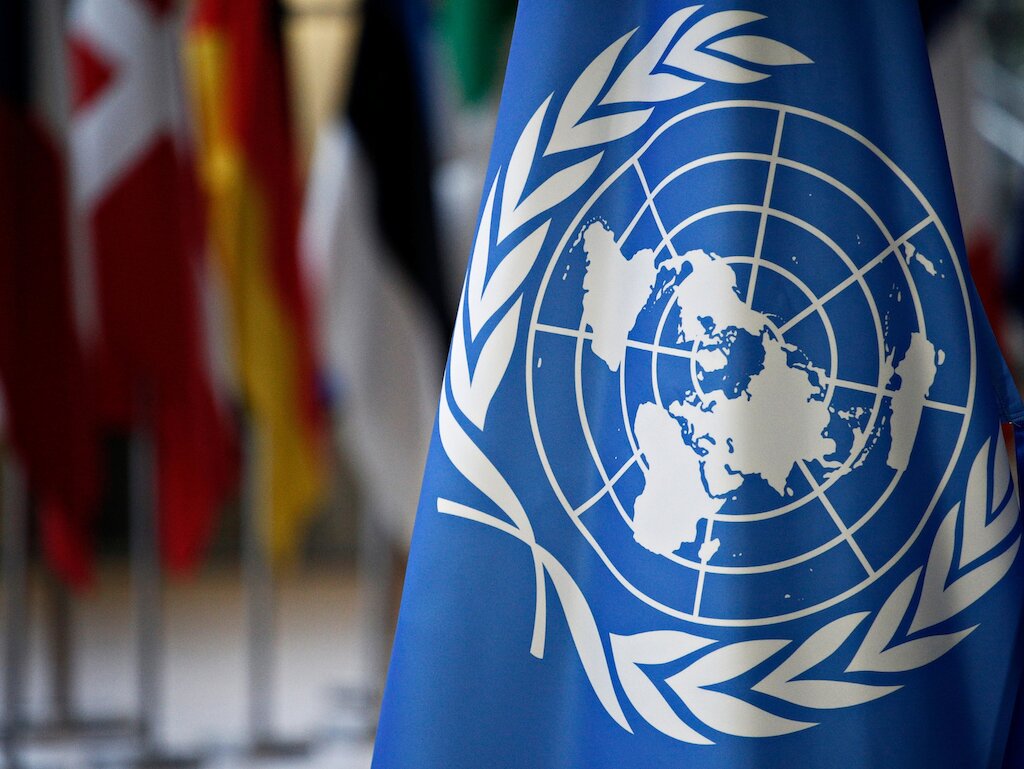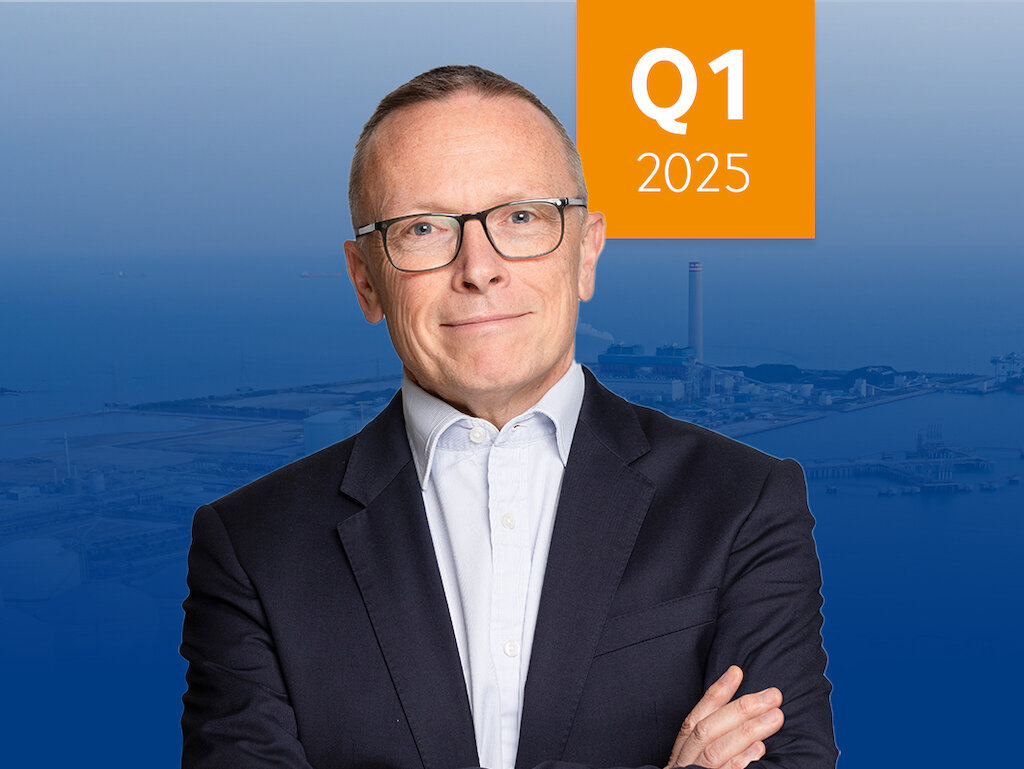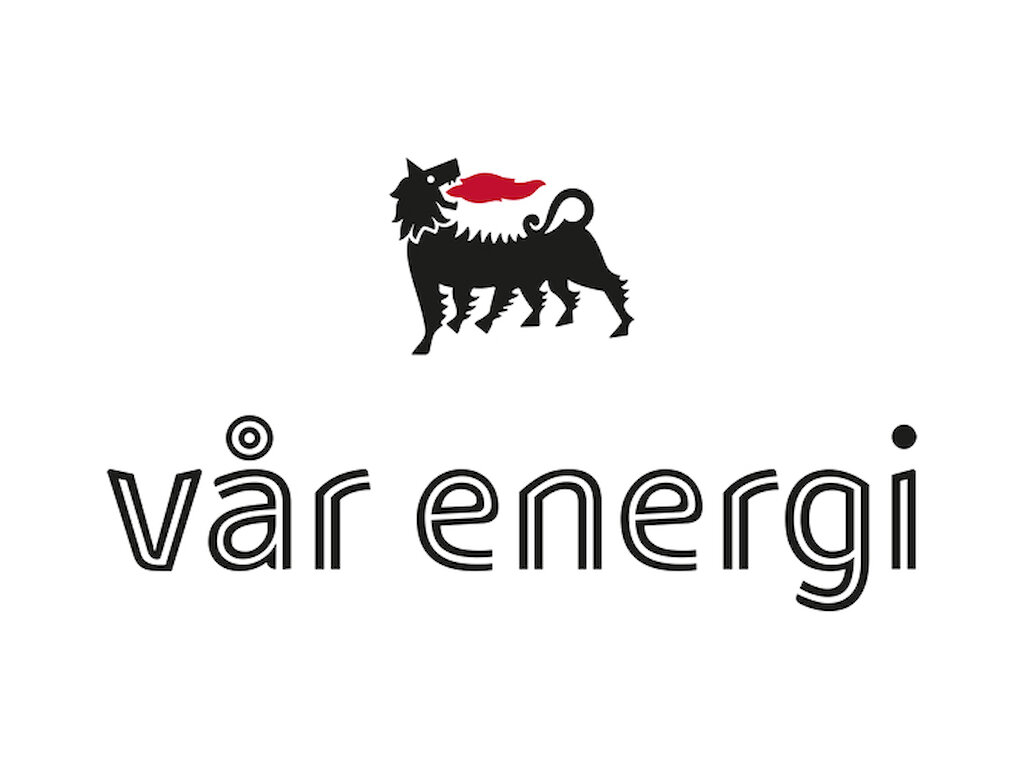In a letter to the World Bank, Ipieca's Executive Director Brian Sullivan has expressed the organization's support for the aims of the 'Zero Routine Flaring by 2030' initiative. The initiative brings together governments, oil companies and development institutions who recognize the flaring situation is unsustainable from a resource management and environmental perspective, and who agree to cooperate to eliminate routine flaring no later than 2030.
The combustion of natural gas produced as a by-product of petroleum production operations is a global challenge. Billions of cubic meters of natural gas are flared annually at oil production sites around the globe. Flaring gas wastes a valuable energy resource that could be used to support economic growth and progress. It also contributes to climate change by releasing millions of tons of CO2 to the atmosphere.
Ipieca plans to work on updating its existing industry guidance on flare management in line with the initiative's principles and in collaboration with the World Bank-managed Global Gas Flaring Reduction Partnership (GGFR) and the International Association of Oil and Gas Producers (IOGP). Ipieca will also use its convening power to explain the benefits of supporting the principles of the 'Zero Routine Flaring by 2030' initiative, which will help accelerate industry commitments to end the 160-year-old practice of routinely flaring associated gas at oil production sites.
22 January 2019
Please note: this post is older than 3 years old and its content may now be outdated.



